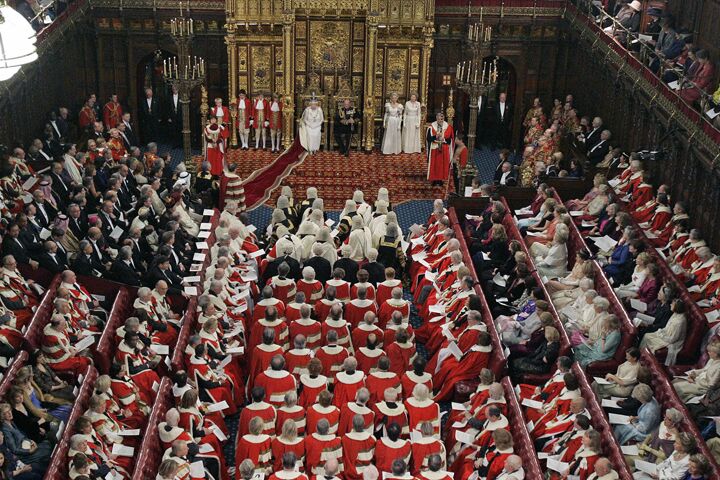
Britain Begins Task of Ratifying Lisbon Treaty
The British Parliament this week has begun the task of ratifying the Lisbon Treaty, the controversial document that will subsume British sovereignty to the European Union. With growing pressure for a referendum, these next few weeks will not be easy for the government.
Parliament’s debate on the EU (Amendment) Bill, or the Lisbon Treaty, began on Monday as the bill passed its second reading. Now it must endure a several-week-long period of debate and be approved in both the House of Commons and the House of Lords if it is to become law.
A significant number of members of Parliament, and a growing percentage of the general population, are calling for a referendum. The government promised to hold a plebiscite on the EU constitution in its election manifesto, but it argues that this does not mean that a referendum is necessary for the Lisbon Treaty. “My case to this House is that this treaty does not constitute fundamental constitutional change,” said UK Foreign Minister David Miliband.
Many others disagree. The government’s own Foreign Affairs Committee, for example, found that when it came to foreign policy there is “no material difference” between the two treaties. The committee stated, “We recommend that the government should publicly acknowledge the significance of the foreign-policy aspects of the Lisbon Treaty.”
Many accuse the government of breaking its election promises by refusing to hold a referendum. The Conservative opposition, aided by Labor defectors, is planning to mount a strong resistance to the treaty. Conservative Party leader David Cameron promised that the Tories would hold a referendum on this issue if they got in power, even if the treaty had already been ratified in Parliament. According to the shadow foreign secretary, William Hague, the government was “brazenly abrogating the commitment made by every major political party in this House to hold a national referendum in this event.” He went on to say:
Today in our country, the word of government is less readily believed than at any time in our modern history. Ministers, instead of tackling the apathy and cynicism that brings, will only add to it with the weasel words with which they try to escape their referendum and commitment, bringing in their wake a political process that will be further devalued and the passage of a treaty whose democratic legitimacy will never be respected.
The Trumpet has frequently pointed to the undemocratic nature of the treaty. As we wrote last month:
Wake up, Britain! The Lisbon Treaty is an attempt to end your national sovereignty. …
Contrary to what some British politicians have claimed, many of the British “opt-outs” are little more than footnotes, having little if any legal weight. All that remains is for the Labor-dominated British Parliament to ratify the treaty. Sadly, in what amounts to a criminal act—at least by the spirit of the law if not the letter—UK politicians plan to sign away British sovereignty without even permitting a national referendum on the issue. Will Britain remember its history?
The next few months will be interesting as the government attempts to ramrod the treaty through Parliament. One way or another, there will come a point soon when Britain will not be in the EU. The Trumpet and its predecessor the Plain Truth have proclaimed this for decades. How do we know? And what will happen when Britain does leave? Read “When Britain Leaves Europe …” from the January print edition of the Trumpet to find out.
